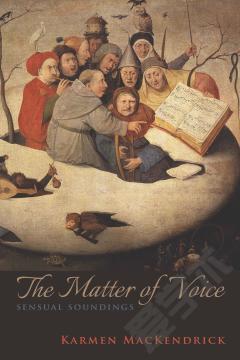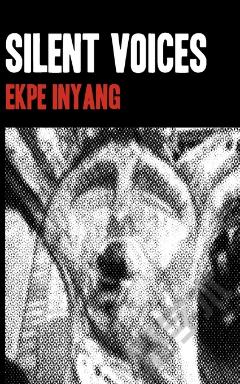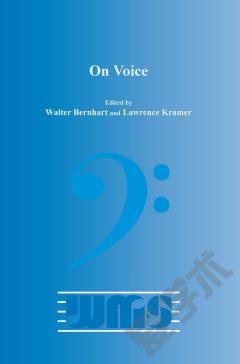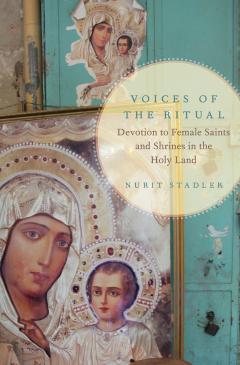Voices of Persuasion
In this innovative study, Michael Staub recasts 1930s cultural history by analysing those genres so characteristic of the Depression era: Staub argues that several thirties writers - precisely because of their encounters with disinherited peoples - anticipated the dilemmas poststructuralist theory would identify; an awareness of the ambiguousness of historical truth, and the impossibility of representing reality without being complicit in its distortion. New interpretations of such canonised authors as James Agee, John Dos Passos, Zora Neale Hurston, John G. Neihardt and Tille Olsen are coupled with critical discussions of previously little-known works of ethnography, journalism, oral history and polemical fiction. This book will interest all who are concerned with the problematic relationship between representation and social reality and their mutual inextricability.
{{comment.content}}








 京公网安备 11010802027623号
京公网安备 11010802027623号